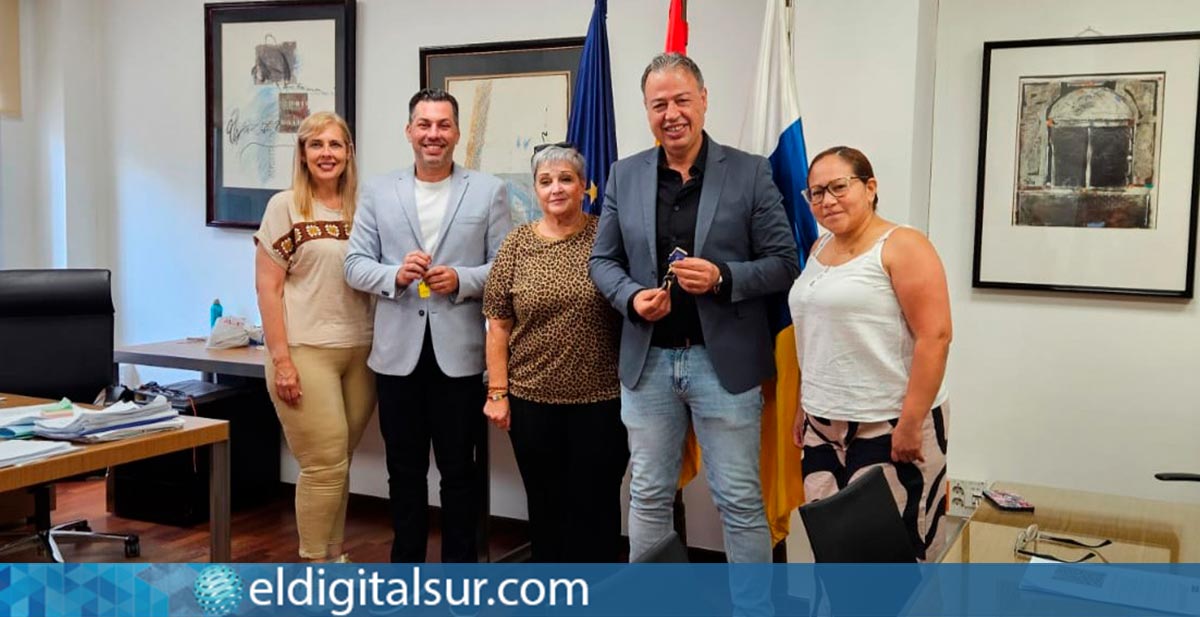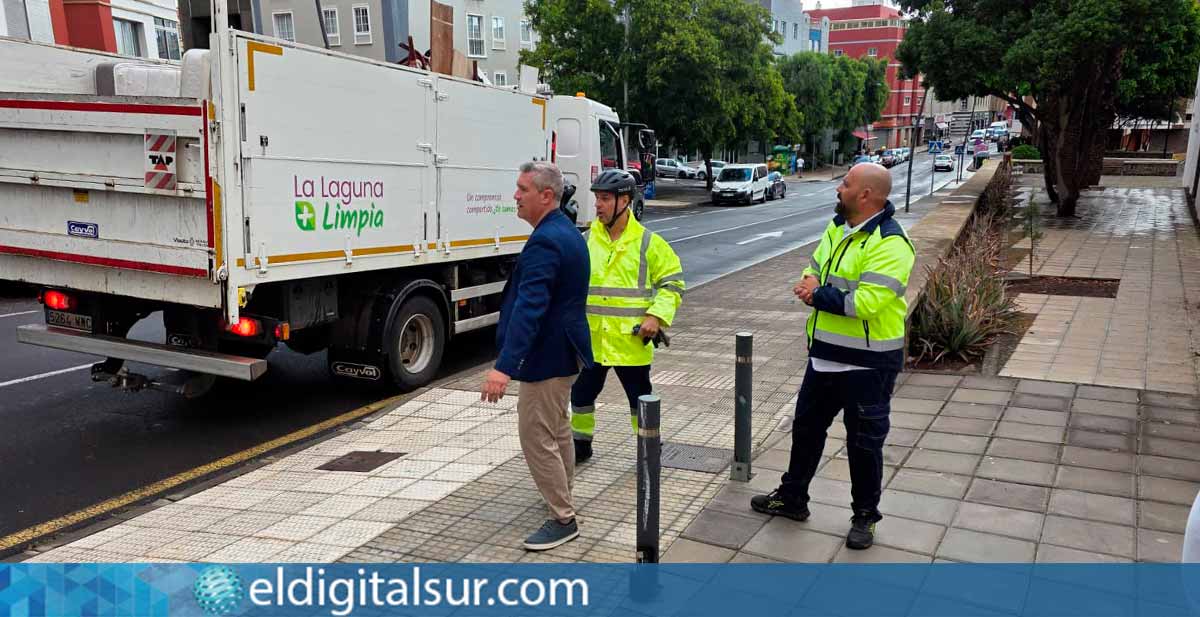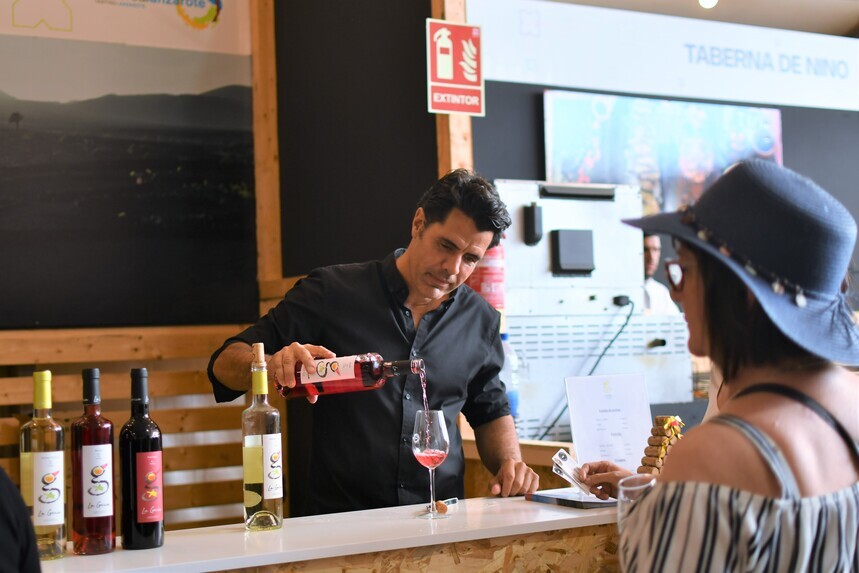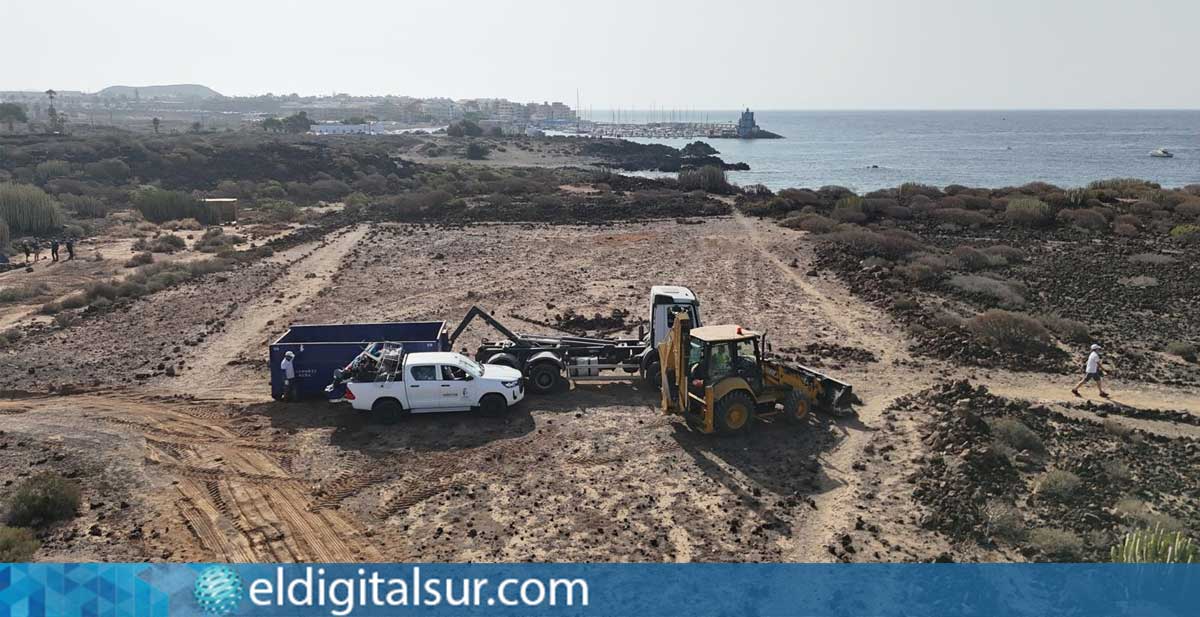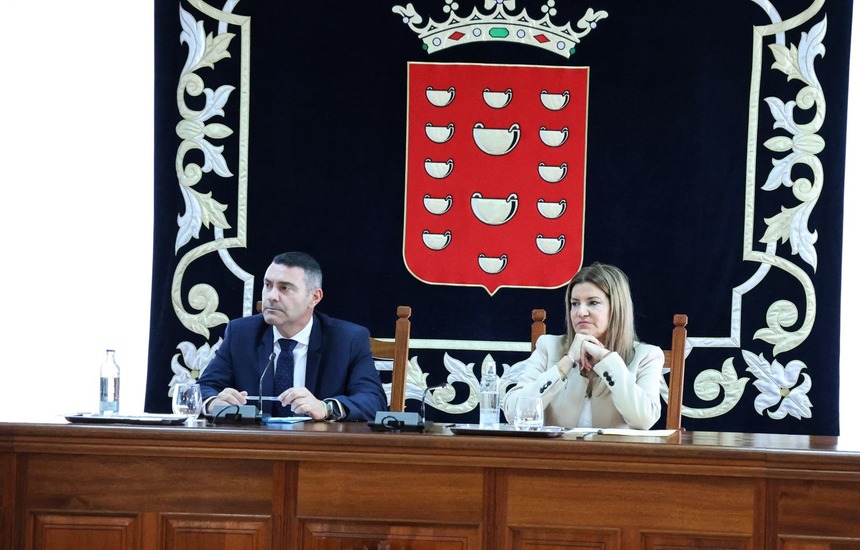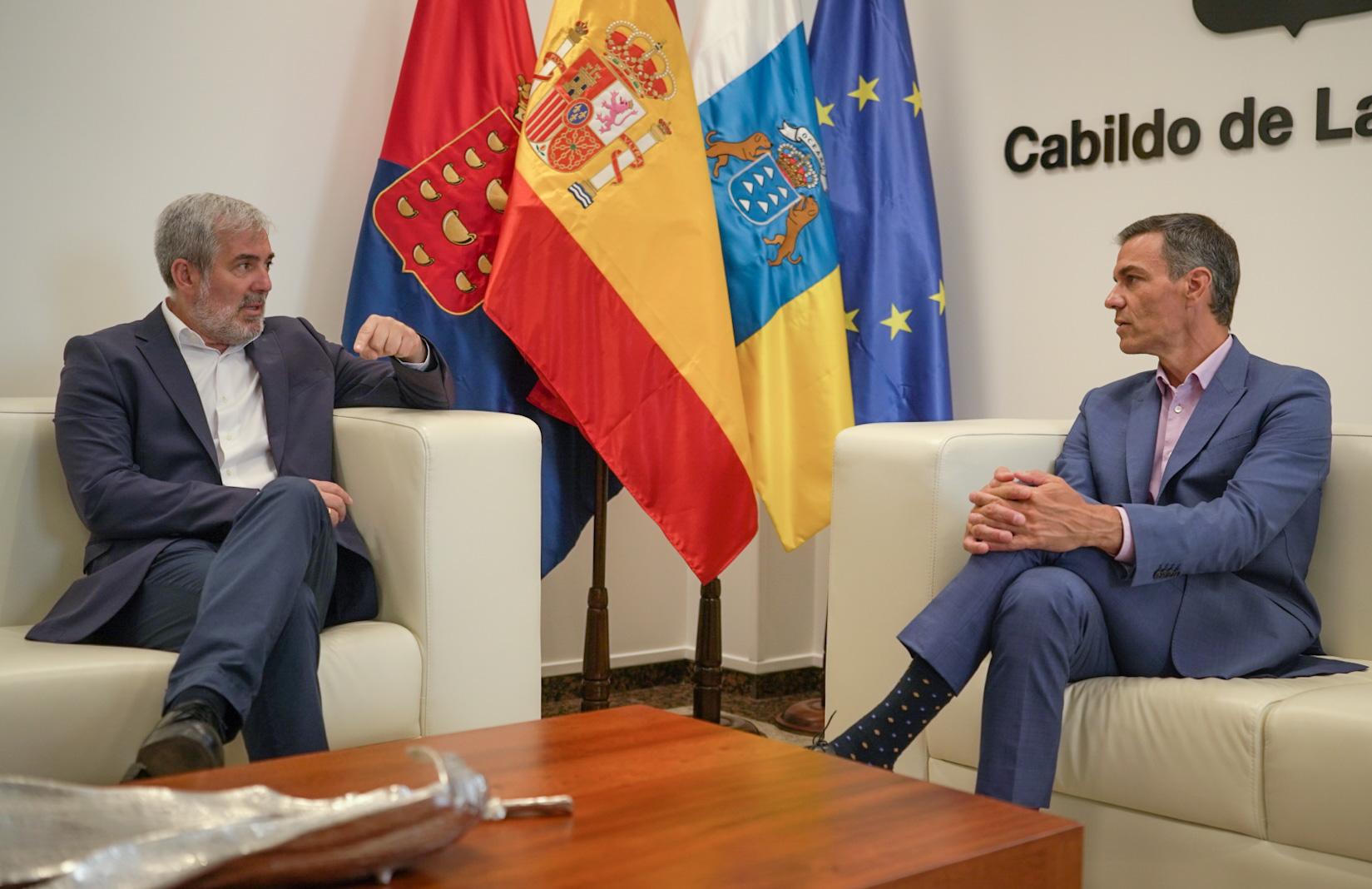
The spokesperson for the PP in the Senate, Alicia García, has announced that her party will leverage its absolute majority in the Upper House to summon former socialist member Leire Díez on 8 September for the inquiry committee investigating all aspects of the ‘Koldo case’.
This was revealed by the PP leader during a press conference from the Senate, where she explained that the inquiry committee has already set the date for the former socialist member’s appearance at 11:00 hours on 8 September.
“Leire Díez has been a crucial piece in understanding the sanchismo,” proclaimed Alicia García, positioning the former socialist member as one of the individuals “most trusted by Pedro Sánchez and Santos Cerdán.”
In this context, García noted that another court in Madrid has referred to the judge seeking to interrogate Leire Díez the complaint lodged against her by the Association of Professional Civil Guard Non-Commissioned Officers (ASESGC) over alleged bribery and influence peddling.
For this reason, Alicia García justified commencing this political term in the Senate with Leire Díez’s appearance at the inquiry committee regarding all aspects of the ‘Koldo case’, though she refrained from providing additional dates for forthcoming witnesses.
In any event, Alicia García has insisted on demanding explanations from Sánchez, accusing him of being “much more focused on his judicial agenda than on the Government’s agenda”: “The more we look, the more corruption emerges.”
In connection with this, the PP leader reviewed the inquiry into the Koldo case, noting that several requests for testimonies have been expanded.
“The Commission is active, demanding, thorough, and will not be halted by the complexity of the plots, their tentacles, or the attempts by the PSOE to intimidate. Perhaps the gravest aspect of the entire sanchismo corruption plot is that while some investigate, others pursue those doing the investigating,” highlighted Alicia García.
PP’s Urgent Testimony Request Rejected
On another note, the PSOE and its parliamentary partners rejected this Tuesday the PP’s urgent request for the appearance of the Third Deputy Prime Minister and Minister for Ecological Transition and the Demographic Challenge, Sara Aagesen, and Minister of Defence, Margarita Robles, before the Plenary to account for the actions taken by the Government to support the autonomous communities affected by summer wildfires.
The request for Minister Aagesen’s testimony was dismissed in the Permanent Deputation of the Lower House by 33 votes in favour, 34 against, and 2 abstentions, while Minister Robles’ request faced a tie in the voting (34 in favour, 34 against, and 2 abstentions).
During her address in the Permanent Deputation, the spokesperson for the PP Parliamentary Group in Congress, Ester Muñoz, criticised the Government’s “hands-off attitude” towards the wildfires currently affecting Spain.
“The gravest aspect of this situation is that the Government adopts a hands-off approach, waiting to see what the autonomous communities do to criticise them, and only then, when the political criticism arises, they come to offer us resources,” stated Muñoz.
The PP, as Muñoz emphasised, has requested the appearance of ministers “from two portfolios that have responsibilities and capabilities in emergencies.”
She insisted that state resources “do not belong to the Government, but to the Spanish people, and are meant to save lives.” “When an autonomous community requests additional resources, the response from a serious Government should be ‘tell me where and when to deliver them,’ not accusing them of incompetence,” she asserted.
Muñoz elaborated that they are seeking the appearance of Ministers Aagesen and Robles “to explain how, when, and where they made state resources available to the autonomous communities.”
In this manner, the PP wants to know “why Civil Protection took five days to inquire what ground resources were available to the autonomous communities and seven days to ask about air resources,” as well as “why it took fourteen emails from the autonomous communities requesting resources before they could send them.”
“We want to know why there are fewer resources and fewer aircraft than a year ago. We want answers as to why the military’s capabilities were not deployed when requested and why there were delays of five days. Why is the Spanish Government never responsible during an emergency? Why do they view it as a political opportunity, and why is there this confrontation over whether more resources are dispatched?” Muñoz added.
Contrasting Views on Wildfire Management
On his part, Socialist MP Antidio Fagúndez asserted that the PP presents “year after year a barrage of ministerial appearances solely to undermine the Government.”
“And especially on a topic as important as this, what they aim to do is create a smokescreen to conceal the disastrous management and disgraceful actions by the presidents of their autonomous communities concerning wildfire management,” Fagúndez declared.
The Socialist MP affirmed that the Government “has made all possible mechanisms available to the autonomous communities” and announced that next week the Minister of the Interior, Fernando Grande-Marlaska, and Minister Sara Aagesen will testify in Congress.
Finally, the Permanent Deputation of the Congress of Deputies rejected this Tuesday the urgent request for the appearance of the Minister of Inclusion, Social Security, and Migration, Elma Saiz, to account for the “migrant emergency” in Spain.
The request, made by the Popular Party, was dismissed with the PSOE and its allies voting against, while the PP and Vox supported it. It received a total of 34 votes in favour, 35 against, and no abstentions.
During the debate, PP MP Sofía Acedo warned of the “drama” of the arrival of “more than 22,000 people through illegal channels to Spain, climbing fences, swimming, or using boats captained by mafias,” and chastised the Government for “failing to take any responsibility.”
“What are you there for? Aside from using public funds to hire the nieces of socialist ministers in public companies so that they do not have to work, yet continue to serve their bosses,” Acedo criticise.
Additionally, she accused the Executive of “encouraging irresponsible calls for irregular immigration” and using it “as a scapegoat to whip up fear towards the right” or “to shift the management problem of unaccompanied minors” to the autonomous communities governed by the Popular Party, thus appeasing the separatists who threaten to withdraw support if more minors are sent to them. She also labelled the Government as “the last link in the chain of mafias.”
Responses from Various Parties
In contrast, PSOE MP Luc Andre Diouf claimed that “institutional racism” has taken root in the communities governed by PP and Vox, urging them to “stop using state institutions” to legitimise it.
“Against your racism, more equality, more diversity,” Diouf called, while condemning the situation in Torre Pacheco, where he referenced the “witch hunt against immigrants.” “This is happening for the first time in Spain and it must stop,” he insisted.
The Socialist MP invited the PP to speak with business owners, those who care for the elderly, those who “pick fruit, as Ms Ayuso so appreciates,” or those who “serve the ‘beer’ and clean the rooms in their hotels when they go on holiday.” “Ask Ms Prohens what would happen in Mallorca, Ibiza, and Formentera if the immigrant population declared a strike,” he suggested.
On the other hand, Vox MP Ignacio Gil stated that “millions of Spaniards are fed up with enduring the consequences of this illegal migration invasion” and warned that it “leads to employment issues, thefts, fights, rapes, attacks on youths and homosexuals, assaults on the elderly, coercion, and threats.”
Furthermore, he rebuked the Government for providing “preferential treatment” to these migrants in accessing social aid and noted that it costs “30,000 euros a year to maintain each of the unaccompanied foreign minors who have entered,” compared to the “18,000 euros that will be granted to families of individuals who lost their lives in these wildfires.”
He also reproached certain bishops for meddling in matters outside their pastoral scope and demanded the “immediate expulsion of those who enter Spain illegally,” including unaccompanied foreign minors “and those with residency status who engage in criminality.”
Meanwhile, Podemos leader Ione Belarra accused the PP of seeking this testimony “with the sole aim of providing an opportunity for the far-right” and suggested that both the PP and the far-right are looking to extend “incendiary” and “hateful” discourses against migrants.
Thus, she condemned the opportunity given to “ultraright media outlets” to “encourage racist terrorism, as seen in Torre Pacheco,” and warned that “it is the racists who are surplus, not the migrants.”
“Let’s see if the problem is not the arrival of migrant people but rather the colour of their skin. Maybe you have a lot of racism left in your jackets, gentlemen of the Popular Party and gentlemen of Vox,” she suggested.
Additionally, she stated that “the only foreigners generating a security problem and a real issue in the lives of the working class” are “the American vulture funds speculating on housing.”
Furthermore, Sumar MP Alberto Ibáñez accused the PP of aligning “with wickedness” and being “complicit” in “racist terrorism,” while also warning about the content circulating on messaging platforms.
“We see how people pass around on Telegram, carrying machetes, to go and murder those working honestly in their kebab shops, and you are complicit in this problem, either by denying it or fanning the flames,” he reproached.
In this context, he defended that “against those proposing mass deportations, what we need is mass regularisation.” He also condemned the situation in Gaza, lamenting that “Israel is intentionally starving children, bombing hospitals, silencing journalists, and murdering families.”
Finally, PNV MP Mikel Legarda reproached the PP for broaching this issue as if it had never been discussed in Congress, “when in reality, this is a matter that is addressed practically every week,” and advocated for “the promotion of orderly, safe, and regulated migration.”
Agencies EP


